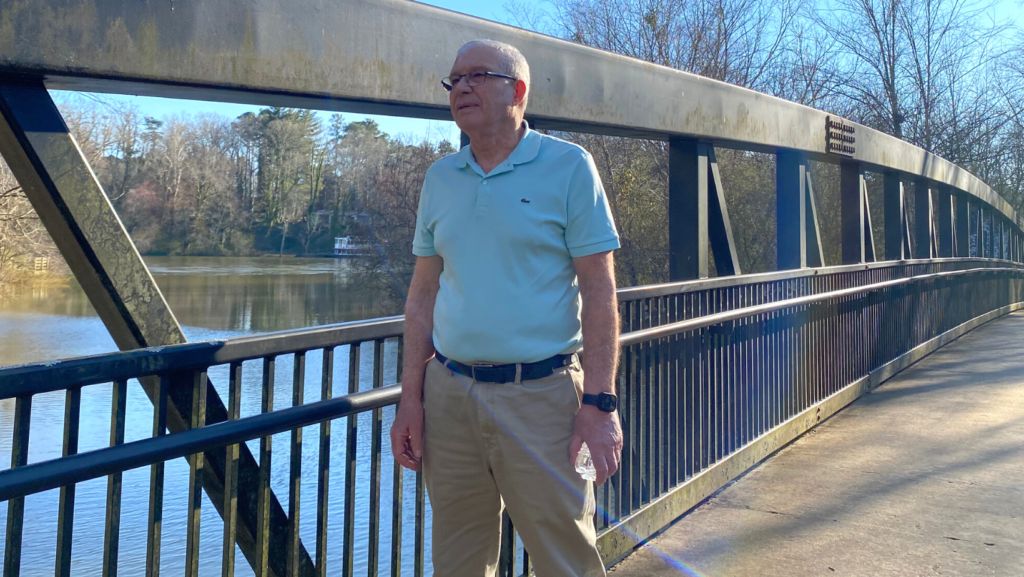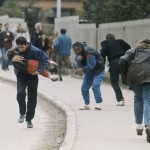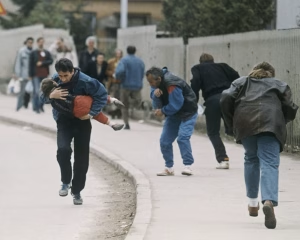Among more than 800 thousand Albanians from Kosovo who were forced to leave their homes because of the aggression led by Slobodan Milosevic, was also Sali Latifi from Gjilan.
In 1999 he was forced to flee in un unknown direction, in a tough journey as a refugee.
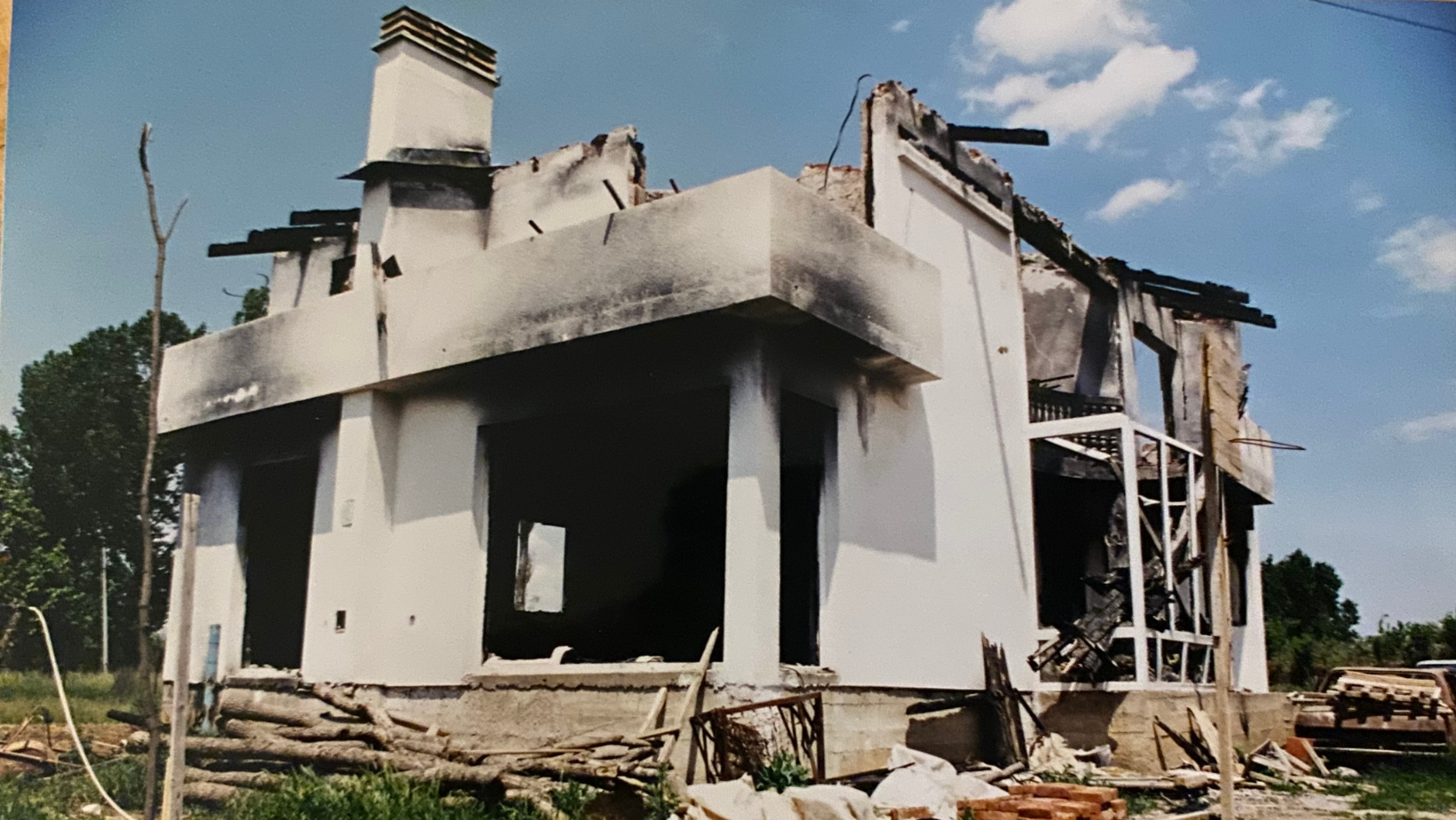

“After they burnt my home in April 1999, I stayed in Gjilan for another month, and then I took a tough and unbearable decision, to leave Kosovo,” says Latifi for Atlantiku adding that “after 49 years in Kosovo, 28 years as a teacher educating young generations in my city, it was a really hard decision”.
Even though it has been a while since that time, Latifi still has fresh memories of last night before he finally left Kosovo.
“I remember the last day because I had it planned when I will leave Kosovo. That night I went out, secretly, in the highest hill in Gjilan as I watched the city heartbroken”, he says.
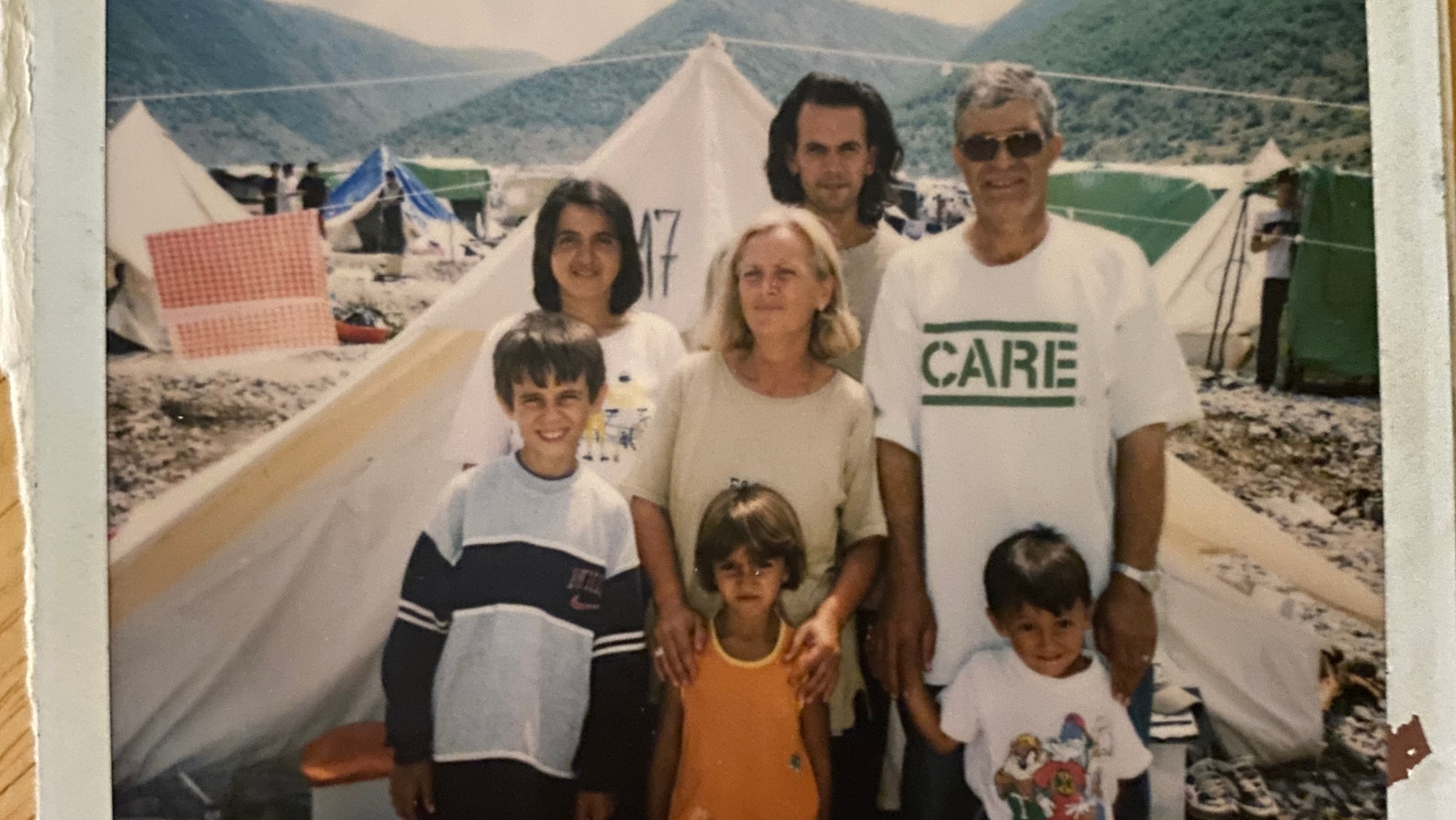

Latifi and his family, at the time of 7 members, were first located in a refugee camp in Çegran of North Macedonia, where he stayed until the end of July 1999.
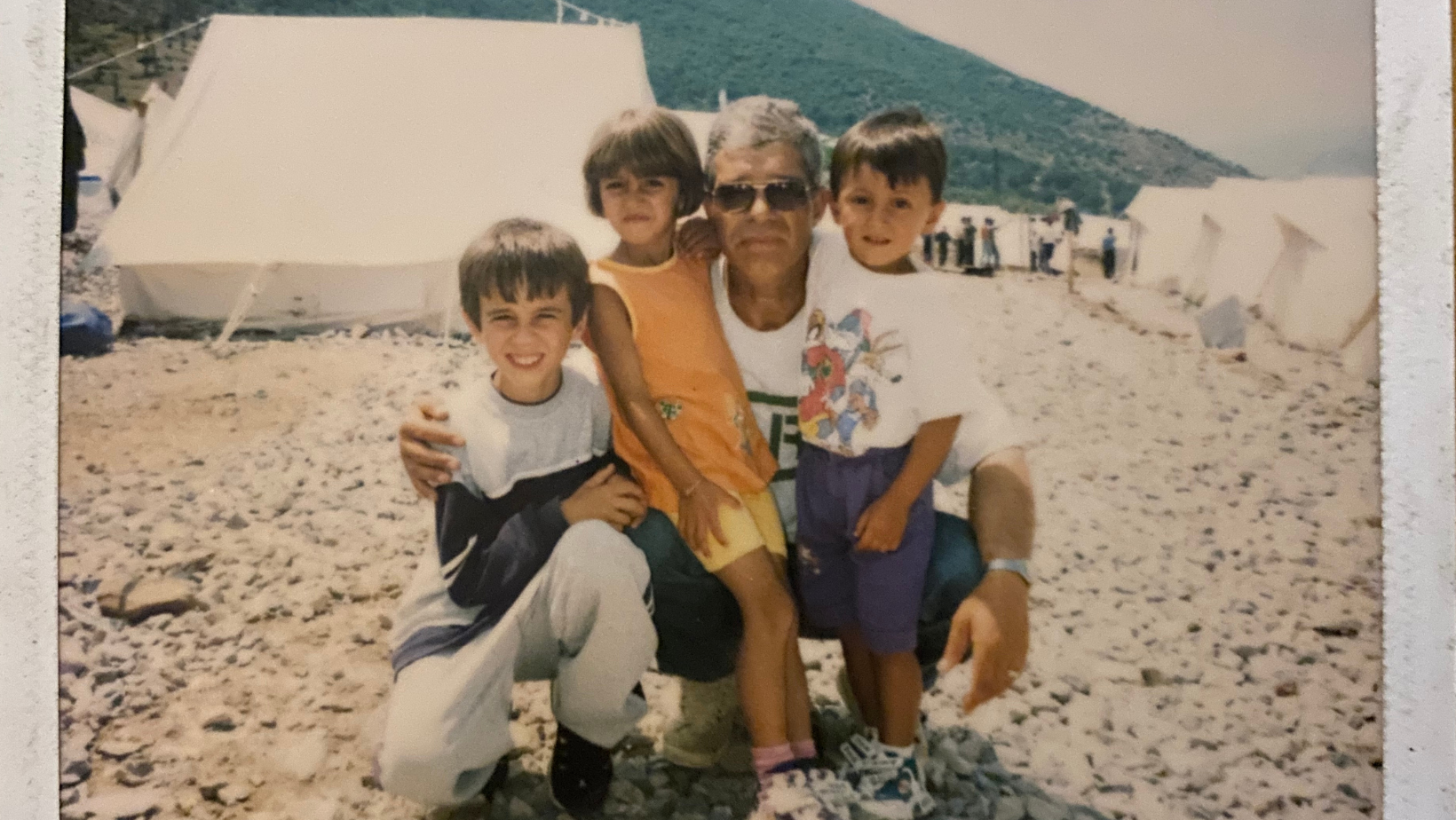

After two months in a refugee camp, Latifi had the opportunity to migrate to United States.
“Before moving to United States, I imagined life here as in movies, like everyone else. But I always saw America as a free and democratic nation, where everyone has freedom to express and where you have great opportunities for employment”, he describes for Atlantiku.
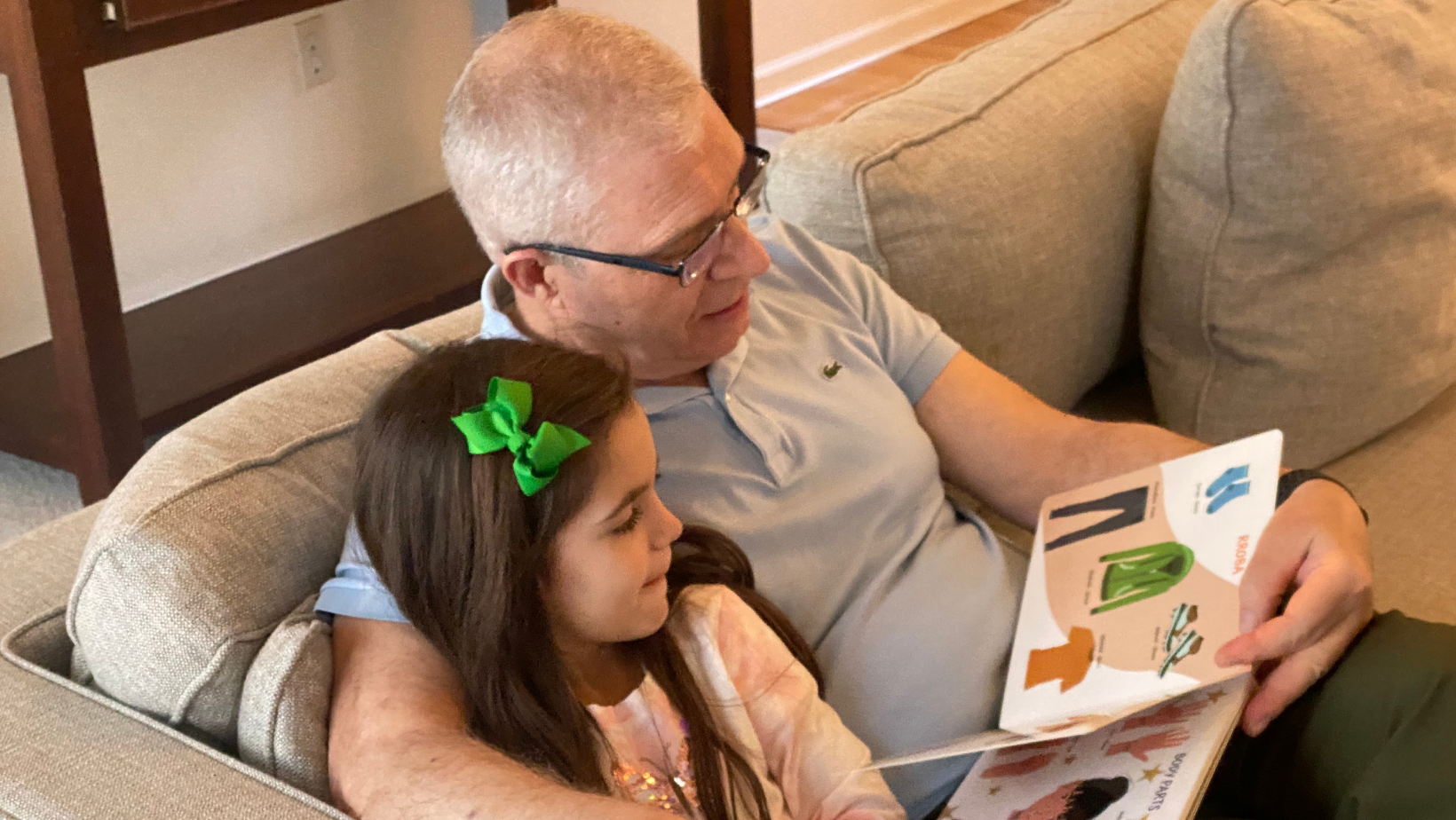

Latifi settled to Atlanta in the state of Georgia, where he found the freedom that was taken from him in Kosovo. But, building a new life in American society was very challenging, he says.
“For me as a household, the beginning was very hard. During the day I was at work, while at nights I went to English courses. Not knowing English was a big obstacle for me as a 49-year-old. I found it very difficult learning English, just like a child learning the first words”.
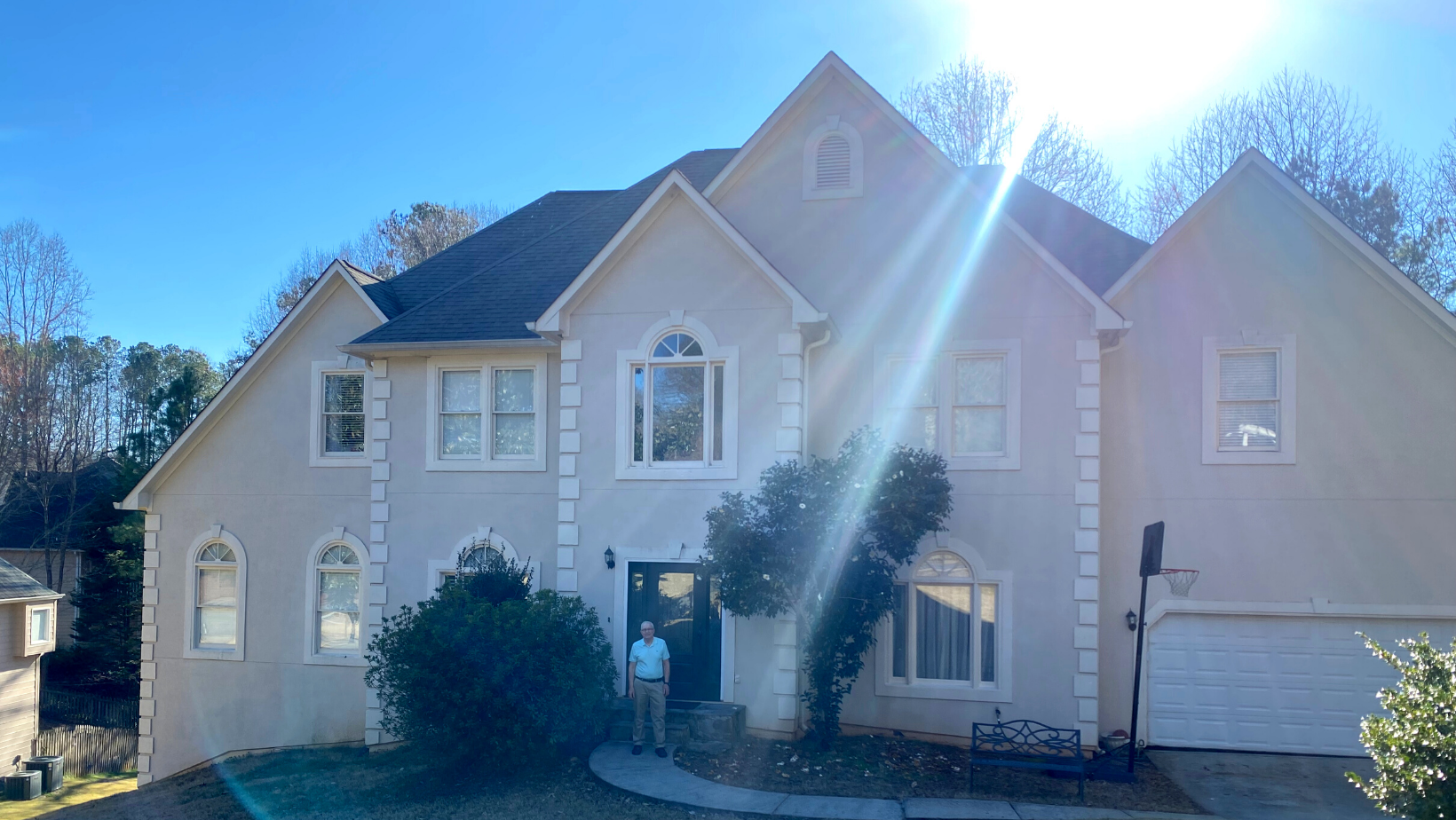

“She stood home to take care of the chilrden. It was her great contribution, that now we have five amazing grandchildren. She sent them to school every day. Then across sport parks, until late in the evening. She had the toughest job, because we all went to work and when we came back, she even prepared dinner for us.”
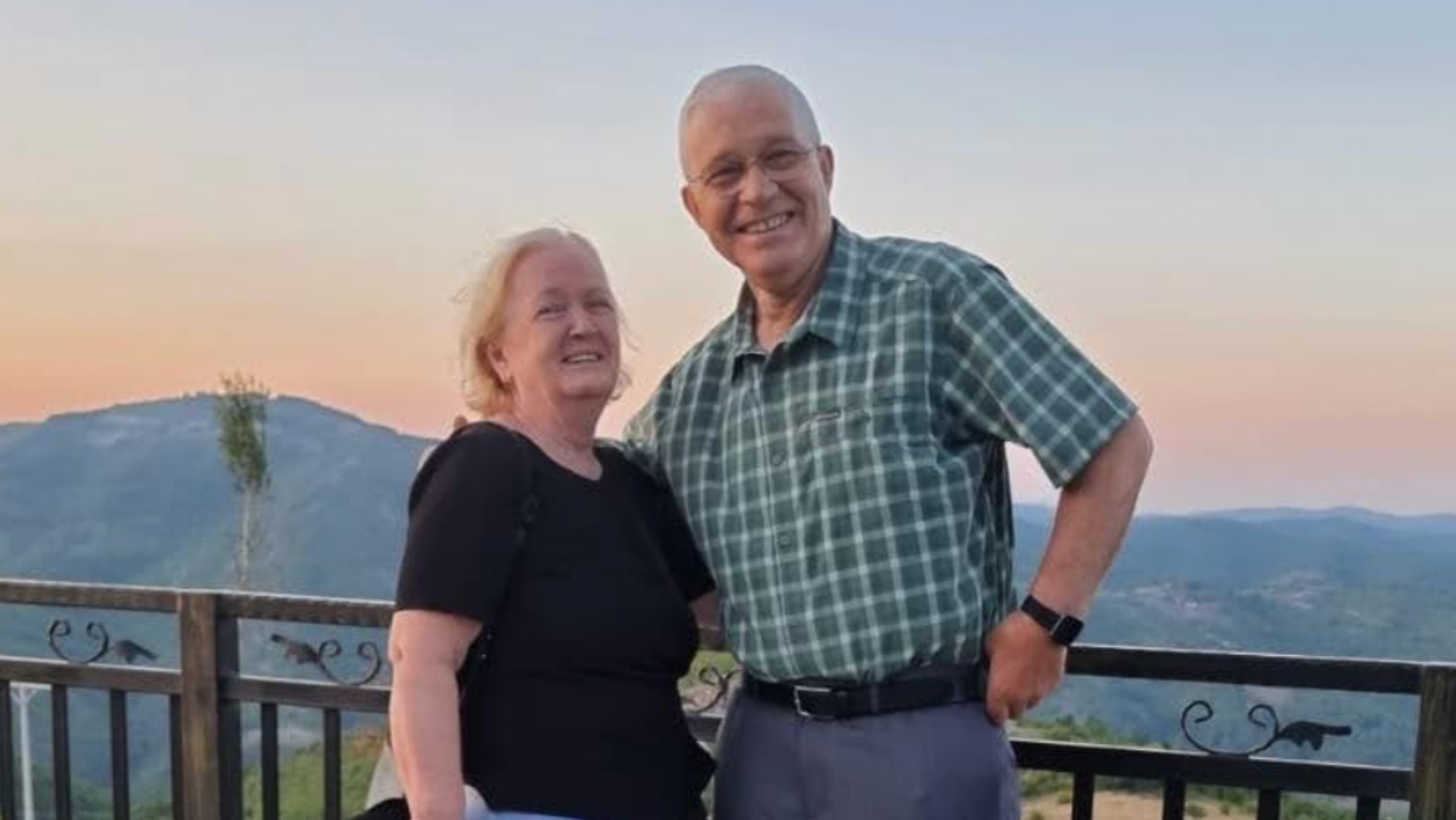

Now Latifi has a stable life in United States of America. But he failed to overcome a challenge, that of being away from homeland, a feeling that doesn’t fade but as he says, as years pass it just increases.
“It often happens to me. I get lost when I am at work with my colleagues. They ask me – hey where are you? I tell them I am on a plane. They ask where are you going? I tell them to Kosovo. These are very difficult moments. But hopefully the future will be better. You want to wake up in the morning, go to your brother for a coffee, or go to the first neighbor. Here you must forget about that. You wake up in the morning and go to work, from work in the evening you return home to your family. Tomorrow, you go back to work. This is what we miss, especially my generation. We are used to just knocking on someone’s door without calling and ask do you want guests.”
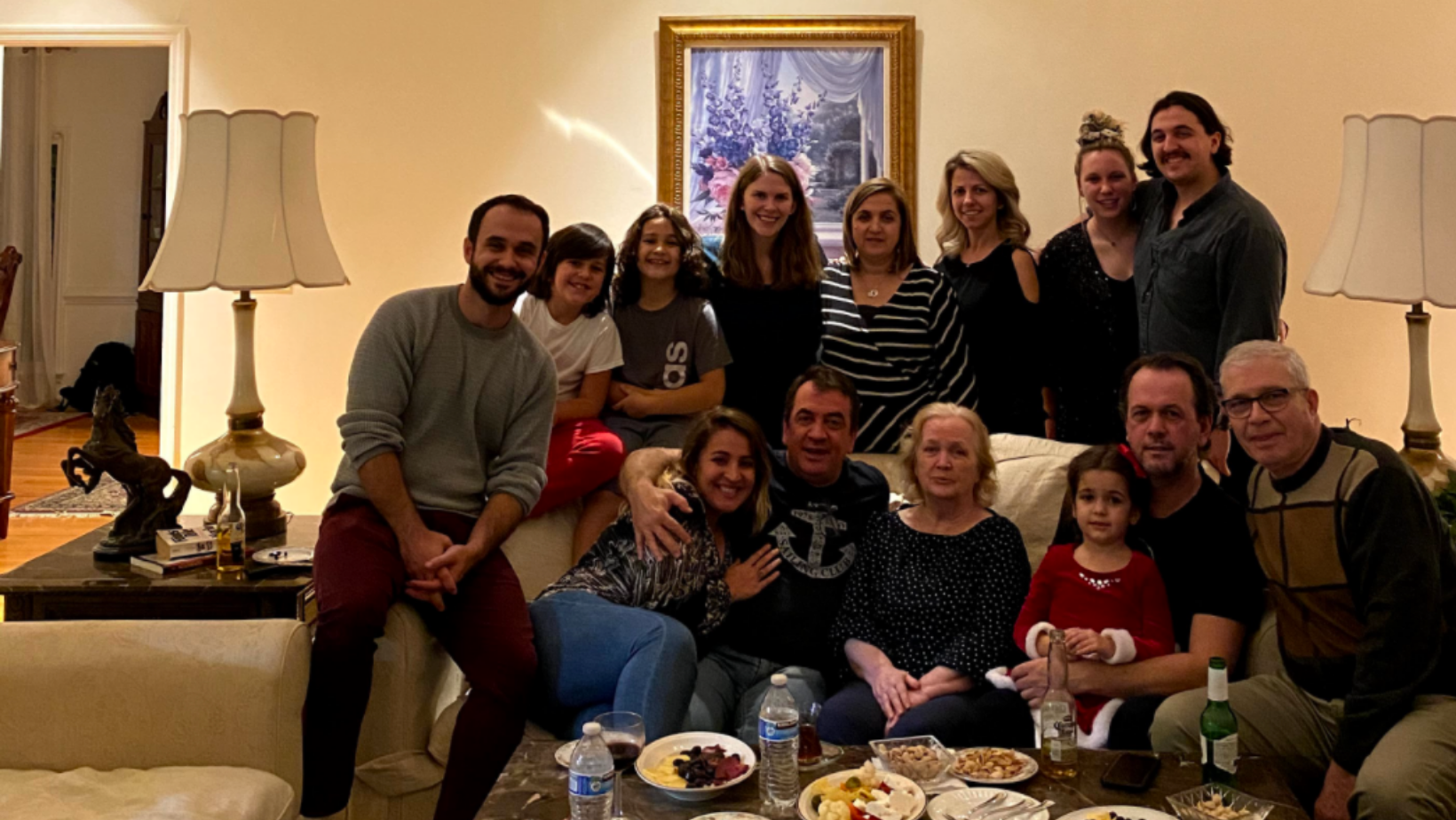

Concerned by the large number of young people leaving Kosovo Today, Latifi has a message.
“Now that we are free, we have freedom and independence of our country, I would ask all to not leave their homeland. If someone really needs to leave, that’s something else. But don’t leave for small stuff. Leaving for a better life is a huge mistake. No place will become your homeland. You can’t find homeland nowhere in the world. As sun shines in Kosovo, doesn’t shine nowhere in the world. When we elderly go to Kosovo, we don’t even use pills. We are healed.”
Latifi has a plan to spent some of his elderly years in his hometown, in Gjilan that he was forced to flee 23 years ago.

